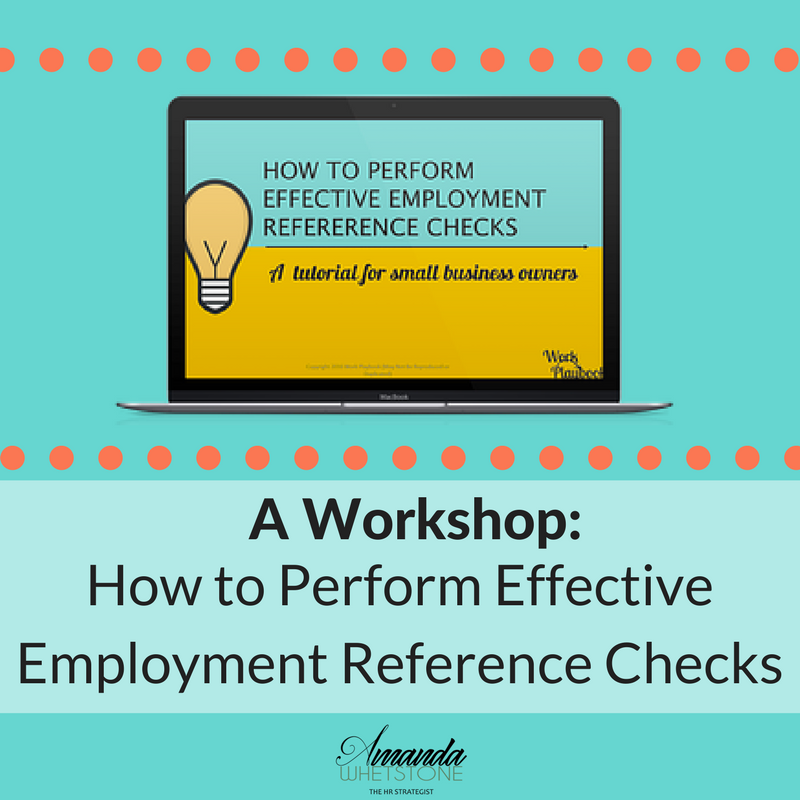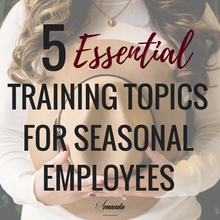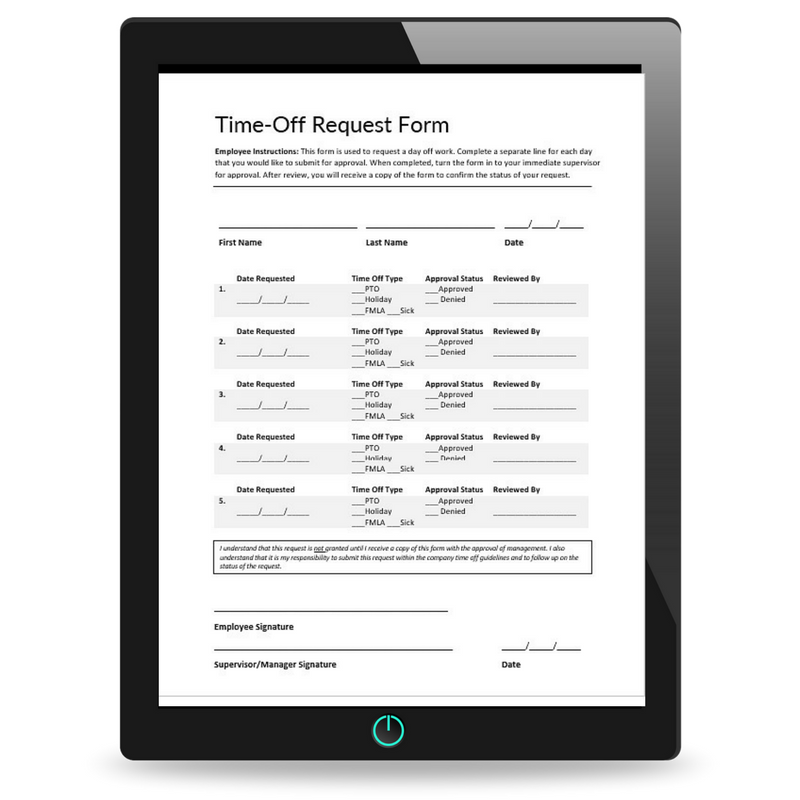|
If you’re serious about building a thriving business, you have to be even more serious about who you let on your team. And this villegence not only applies to who let on your team, but who you allow to stay on your team. The truth of the matter is that regardless of how well you screen and vet candidates, a few bad apples may still slip in. Or more commonly, employees change and evolve as they work with your business. As that evolution happens you also have to make adjustments to protect your business and the culture of your company.
It only takes one toxic employee to ruin your business and the culture. That means, as small business owners we’ve got to be real aware of what types employees to avoid hiring and which ones we need to manage out of our business. To do this first you have to be ok with the fact that your business is not for everyone. You’ll never be the perfect employer for anyone. And honestly, that’s not your goal. Running and growing a thriving business is while being a fair and good employer is the goal. Second, you have to know what you’re looking for before these employees destroy your business. You can’t stop what you don’t know you should stop. There are at least five types of employees that will destroy your small business if you let them. Here are the five types of employees to look out for and stop before they wreck your business: The “It’s not my job” employee
This employee is the one who has probably memorized their job description for the sole purpose of being able to refuse to do work assigned to them. This employee is not a team player. They are not interested in your business or their jobs. They are there for a check. Your small business simply does not have the time for this employee. You do not have the time to convince someone to be a team player, to take initiative or be cooperative. You just don’t. And once other employees see this employee successfully push back on work then you have a really ugly problem on your hands. Bottom line, employees perform duties as assigned. Employees perform work until the needs of the business have been met. An employee who is not willing to do that is detrimental to a small business. You need employees who are willing to work outside of a limited scope of duties. For those not willing to do that, it’s time to move on.
The "Care about everything that's going in my world but I don't give a #&%! about the needs of your business," employee
We’ve all had this employee. Every week they have a crisis that prevents them from coming to work or affects their work. Someone is sick. The car won’t start. School is closed. It’s raining. It really doesn’t matter. If something in the world happens they can’t come to work and you’re supposed to understand. You’re supposed to let them off work. You’re supposed to give them hugs and teddy bears. And if you don’t, you’re the worst boss ever. But, if the needs of your business requires them to work five minutes over their scheduled shift, they are walking off the job or complaining to high heaven. This employee has to go. Of course, care about your employees. Be compassionate and flexible. However, you are certainly entitled to expect that flexibility and understanding to be returned.
The "Yeah, but they did this....." Employee
This employee just can’t take ownership of mistakes they’ve made to save their lives. When confronted with any type of performance or behavior issue, instead of owning what they did, and taking the consequences of their actions they take that as an opportunity to have a conversation about what Bill is or isn’t doing. This is all in an effort to take the heat and spotlight off their problems by comparing their performance with someone else. While they may be spilling valuable information, because we do need to know that Bill is taking a two hour lunch or watching XXX sites on the job, we’re not talking about Bill right now. Are we? Nope, we’re trying to coach and or discipline this employee. Listen, maturity matters in employees when you’re running a small business. Those on your team need to have the maturity and integrity enough to say they messed up, fix it and take whatever consequences comes with it. That’s part of being a working adult.
The "I didn't know", employee
Do they really not know or is it that they just don’t want to do it? Or even worse, do they simply not care? That’s your job as a small business owner to find out. If you can honestly say that the your employee has been properly trained, coached and offered the need resources for the employee to perform their jobs properly, then the problem is not skill. I’ll put that another way. They know how to do it. They are making a choice not too. That’s a huge problem for your small business. A small business needs employees who will correctly do their jobs, put the training provided to them into action and use resources (Those policies and procedures I’ve been encouraging you to write….) to do what it is that you hired them to do. When you have employees on your team who won’t take initiative to learn their jobs, you have huge liability on your hands.
Read It: WHY YOU NEED JOB PROCEDURE MANUALS + HOW TO CREATE THEM (YOUR FREE TUTORIAL)The “If this were my business, I would…” employee
Well sir or ma’am it’s not. It’s not their business. It’s your business. You have employees to carry out the policies, procedures, services and products of your business. This employee is dangerous because instead of doing their jobs, they are spending their energy undermining your business. This type of negativity will run rampant in your business if not stopped. Don’t take business advice from someone who has never run a business and probably never will. If they are interested in entrepreneurship, then give them plenty of time to launch the business of their dreams.
Do you have any of these on your team already? If you do, I’m sure you don’t have to think too hard about it. Their names pop up immediately. I’m not saying run out of your office and fire them. Not at all. What I am saying is be aware of the damage that these types of employees can do to your small business and begin to work with them on changing their behavior. The responsibility to improve is up to them. The ownership of managing that the behavior is up to you.
0 Comments
Leave a Reply. |
On SocialLATEST WORKSHOPSmust reads!HELPFUL RESOURCESTIME OFF REQUEST FORM
NEW HIRE CHECKLIST
INTERVIEW PLANNING WORKBOOK
|










